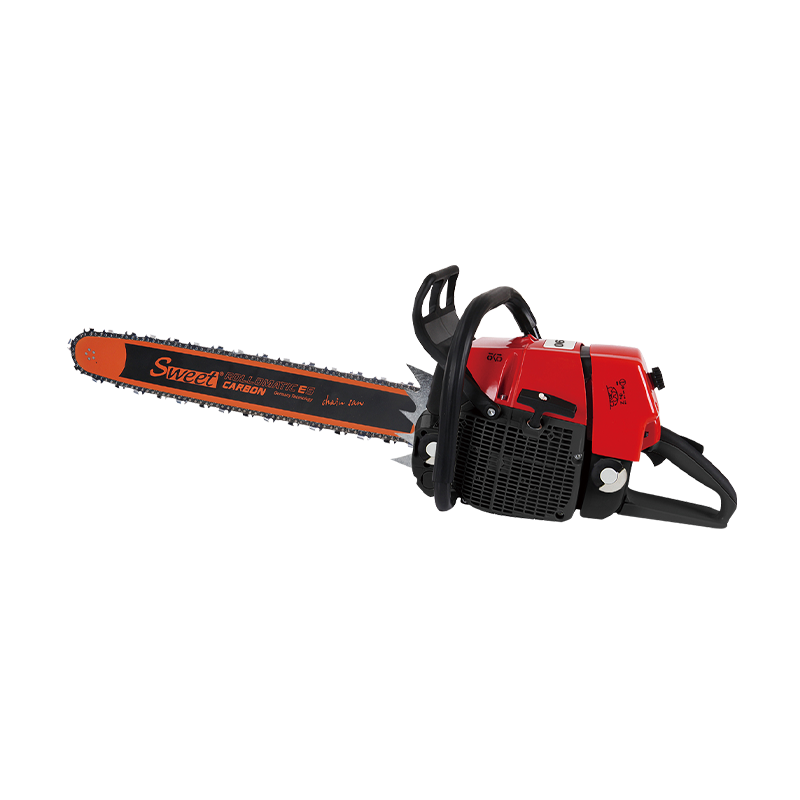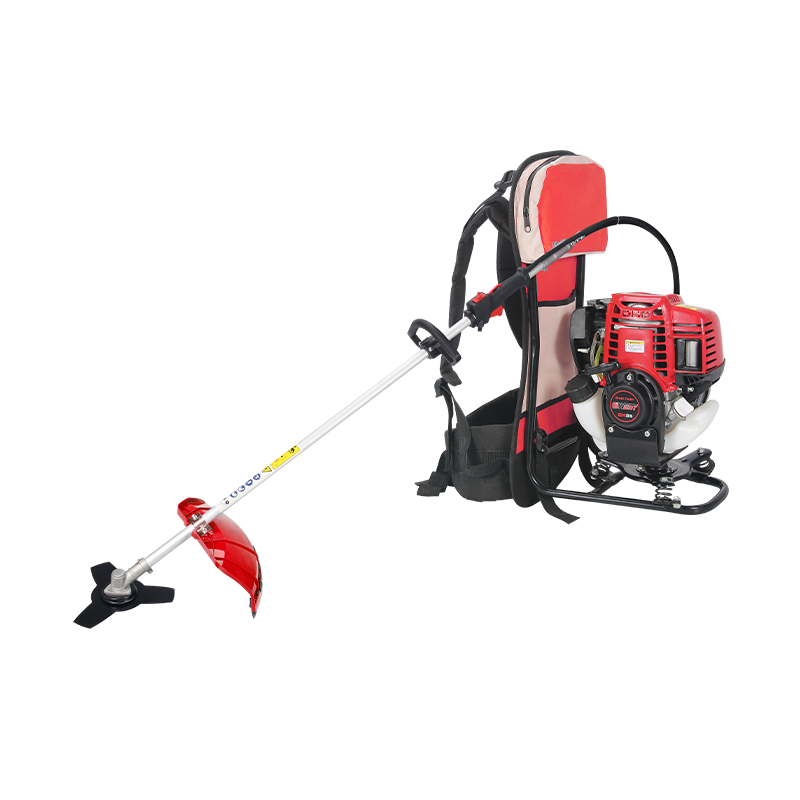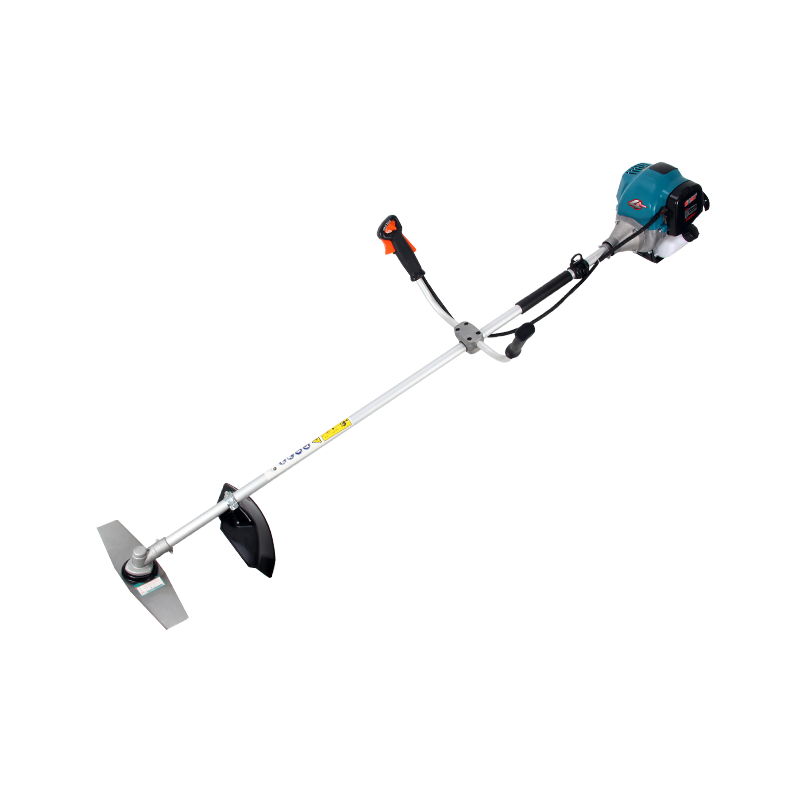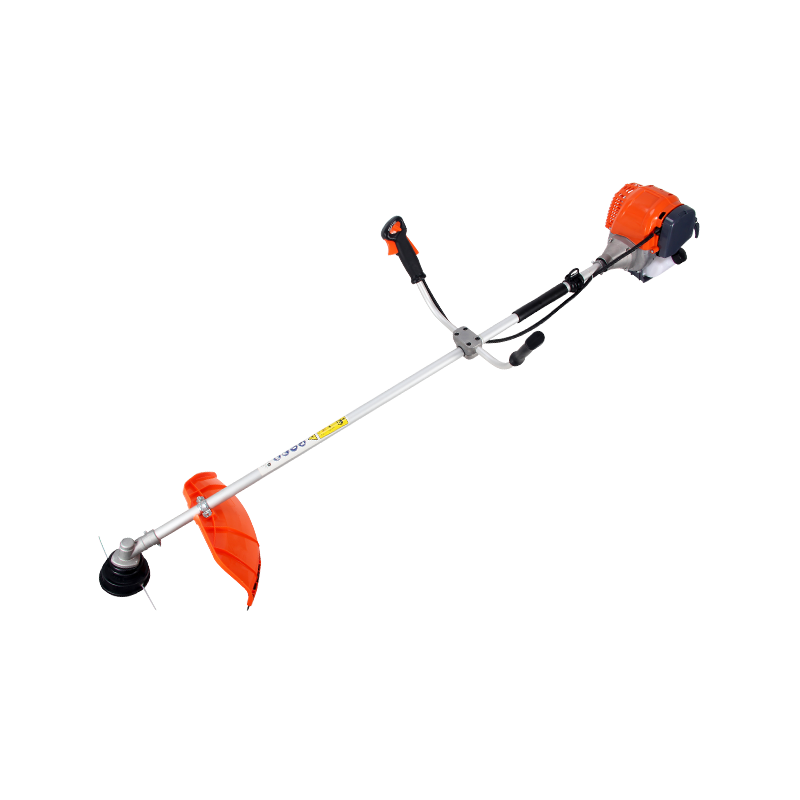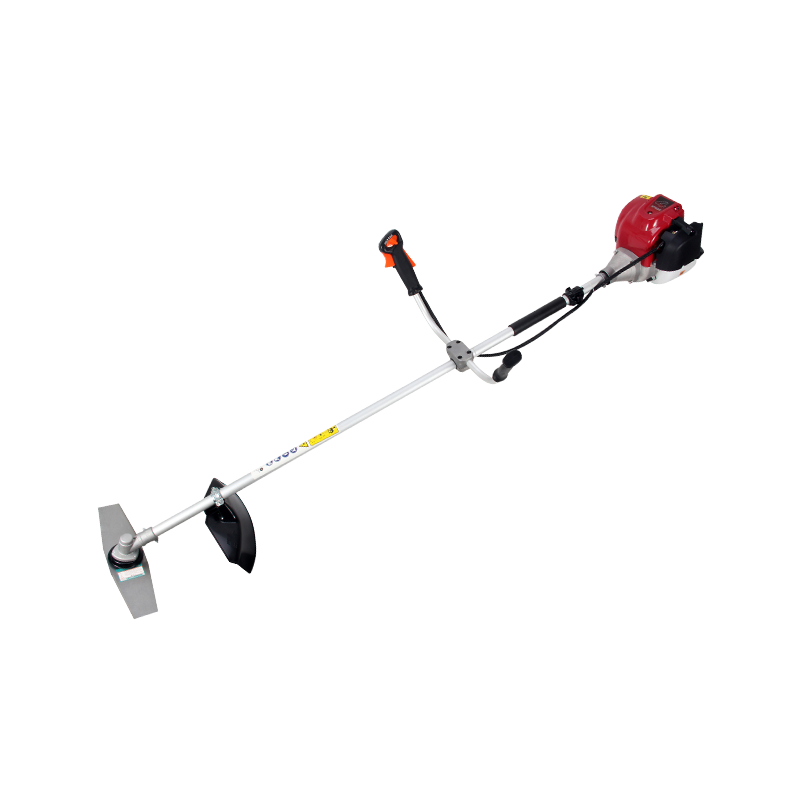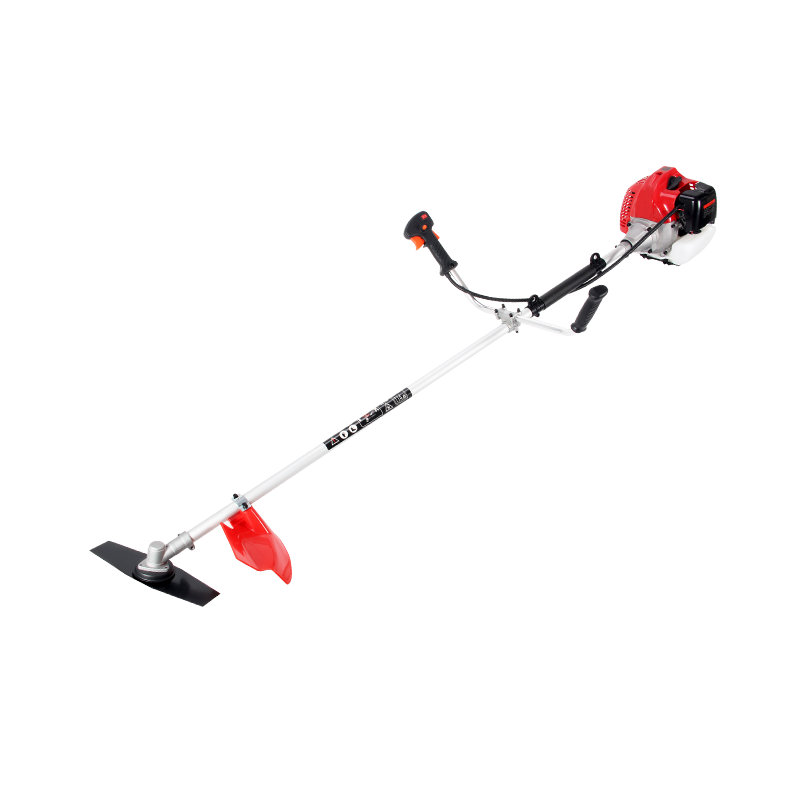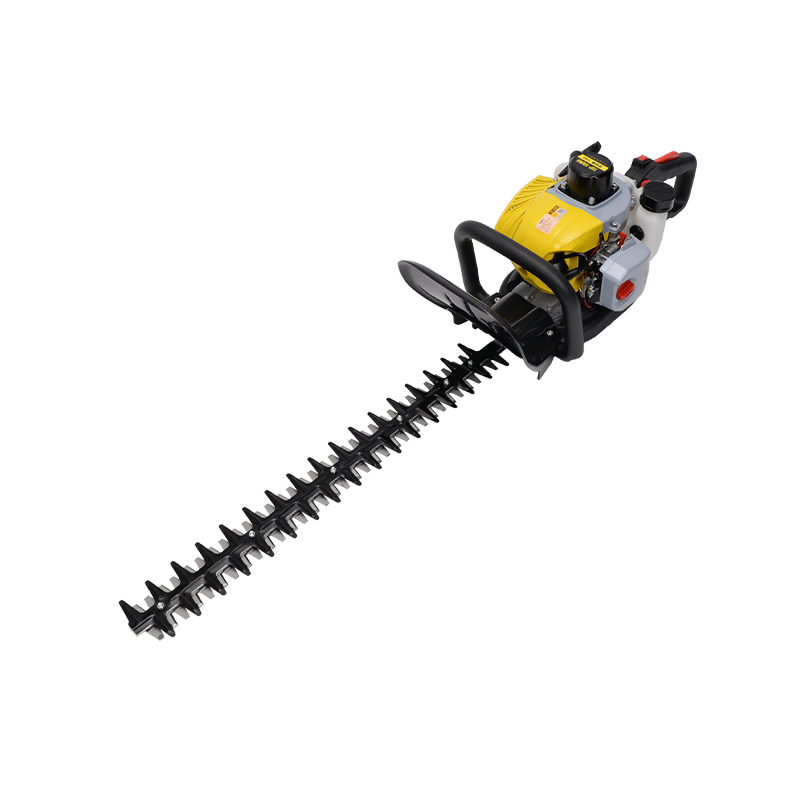In the dynamic world of modern agriculture, efficiency and precision are vital for success, particularly in small to medium-scale farming operations. One machine that has transformed the landscape of soil preparation is the agricultural gasoline mini tiller. Compact yet powerful, these tillers have become essential tools for farmers, gardeners, and land managers who require effective soil cultivation without the need for bulky, expensive machinery.
The rise of agricultural gasoline mini tillers reflects a broader trend toward mechanization tailored for smaller plots, urban agriculture, and precision farming. With their ability to improve soil aeration, control weeds, and prepare seedbeds efficiently, mini tillers are reshaping agricultural practices worldwide.
Understanding the Role of Gasoline Mini Tillers in Agriculture
Agricultural gasoline mini tillers are designed to cultivate the soil by breaking it up, mixing organic matter, and preparing it for planting. Their gasoline-powered engines provide the necessary force to handle a variety of soil conditions, from soft garden beds to compacted farmland.
Ideal for Small and Medium Farms
These machines cater especially to farms with limited land area, community gardens, and horticulture projects where larger tractors and tillers would be impractical or too costly. Their maneuverability allows farmers to work in confined spaces, between rows, and on uneven terrain.
Enhanced Soil Health
By thoroughly loosening soil, mini tillers enhance aeration and water infiltration, fostering better root development and nutrient absorption. This improves overall crop health and yield.
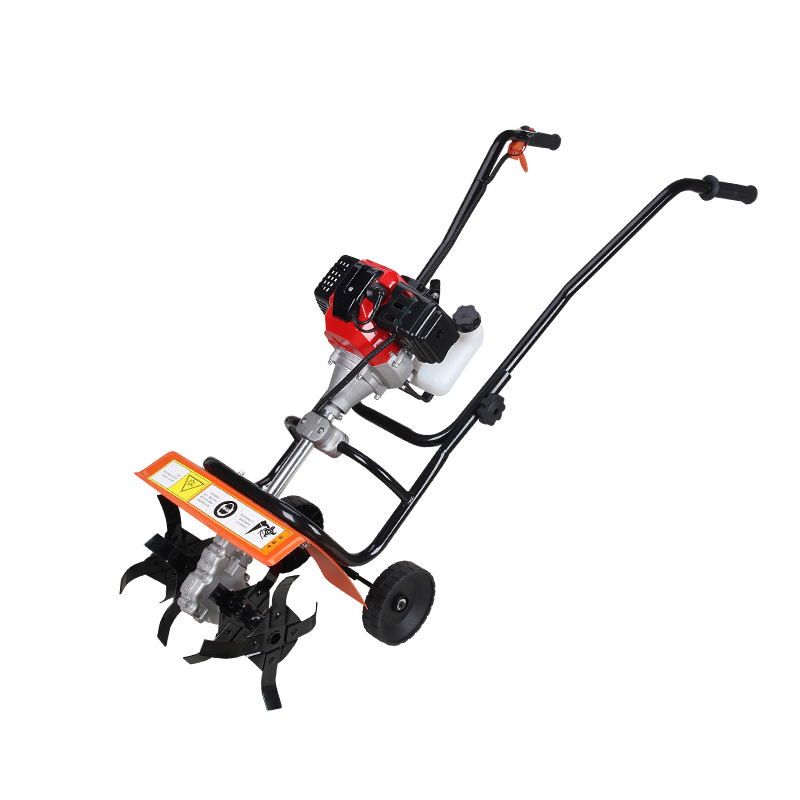
Time and Labor Efficiency
Mechanizing soil preparation with gasoline mini tillers drastically reduces the time and physical effort required compared to manual tilling, enabling farmers to optimize labor resources and focus on other critical tasks.
Key Features and Advantages of Agricultural Gasoline Mini Tillers
Compact yet Powerful Engines
Gasoline mini tillers typically feature engines ranging from 2 to 6 horsepower, delivering sufficient power for effective soil cultivation while maintaining a lightweight frame that is easy to operate and transport.
Adjustable Tilling Width and Depth
Many models offer adjustable tilling widths and depths, allowing users to customize the tilling process according to soil type, crop requirements, and plot size. This flexibility enhances precision and soil disturbance.
User-Friendly Design
Ergonomically designed handles, simple controls, and vibration reduction systems ensure comfort during prolonged use. This ease of operation is especially valuable for farmers who may not have specialized training.
Durability and Reliability
Constructed with high-quality metals and components, gasoline mini tillers withstand tough farming conditions, including rocky or clay soils. Regular maintenance is straightforward, supporting long-term usability.
Technological Innovations Enhancing Mini Tiller Performance
The agricultural machinery industry continually improves mini tillers by integrating technology:
Fuel Efficiency and Emission Reduction
Modern gasoline engines used in mini tillers comply with stringent emission regulations and incorporate fuel-saving technologies, reducing environmental impact and operating costs.
Hybrid and Electric Models Emerging
While gasoline remains predominant for power and portability, hybrid and electric mini tillers are gaining popularity in eco-sensitive farming communities. These alternatives offer quieter operation and zero on-site emissions.
Enhanced Safety Features
Automatic shut-off systems, blade guards, and ergonomic handles reduce operator risk, making mini tillers safer to use, particularly for novice farmers.
Smart Controls and Automation
Some high-end models feature adjustable speed controls and digital displays for monitoring engine performance and maintenance alerts, improving operational efficiency.
Environmental and Economic Impact
Agricultural gasoline mini tillers contribute to sustainable farming by enabling better soil management, which in turn promotes healthier crops and reduces the need for chemical fertilizers. Improved soil structure from regular tilling helps maintain moisture levels and prevents erosion.
Economically, these tillers empower small-scale farmers by increasing productivity and lowering labor costs. Their affordability compared to larger machinery makes mechanization accessible to a wider range of agricultural producers.


 English
English русский
русский Español
Español عربى
عربى